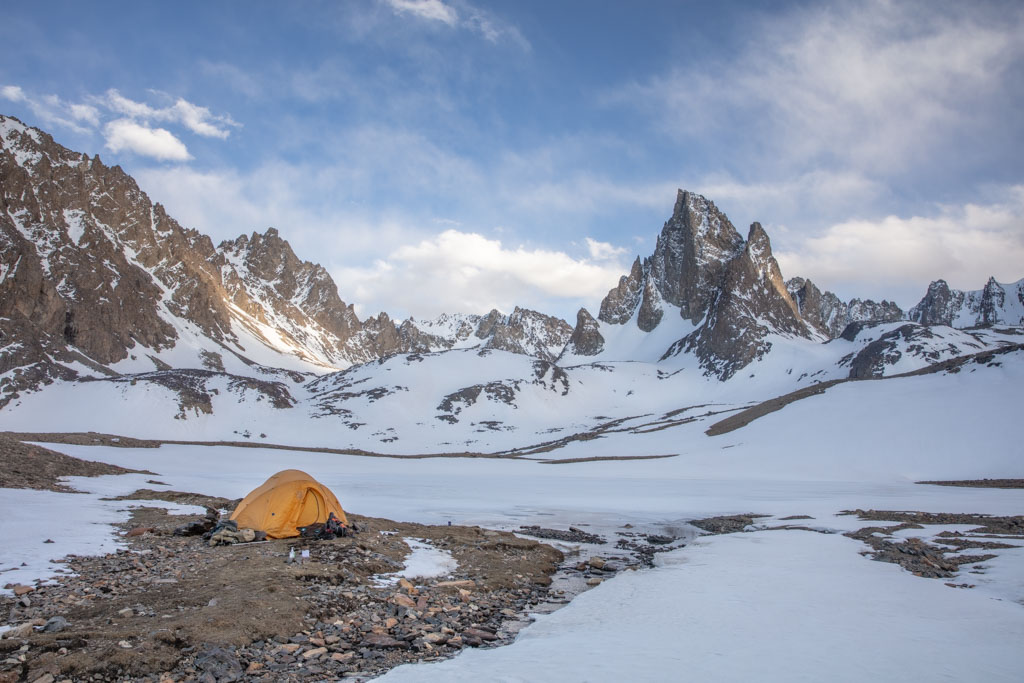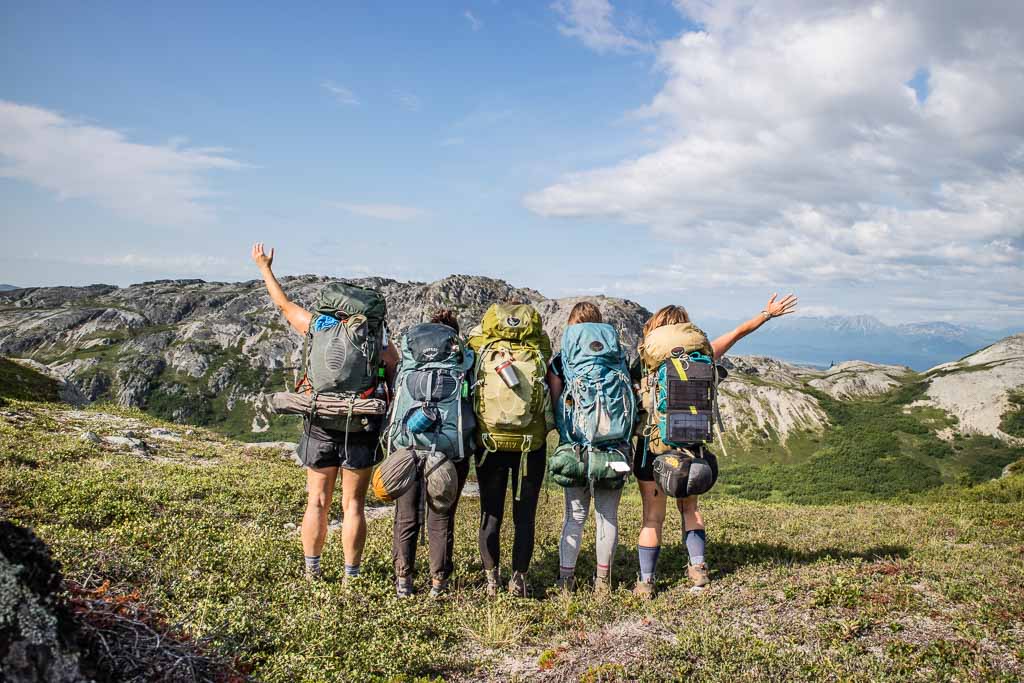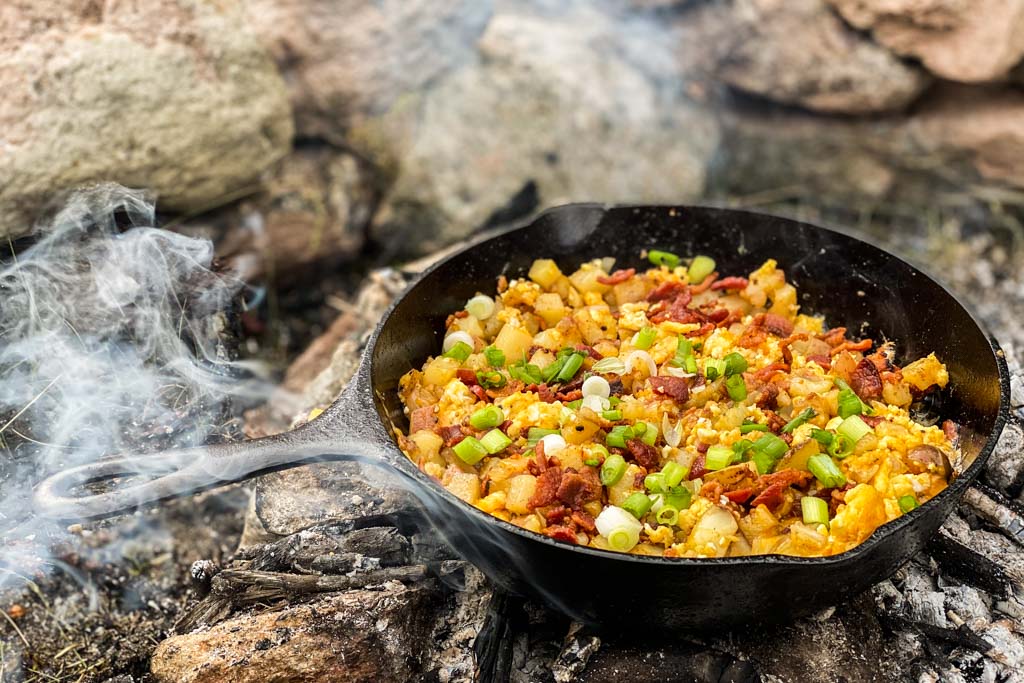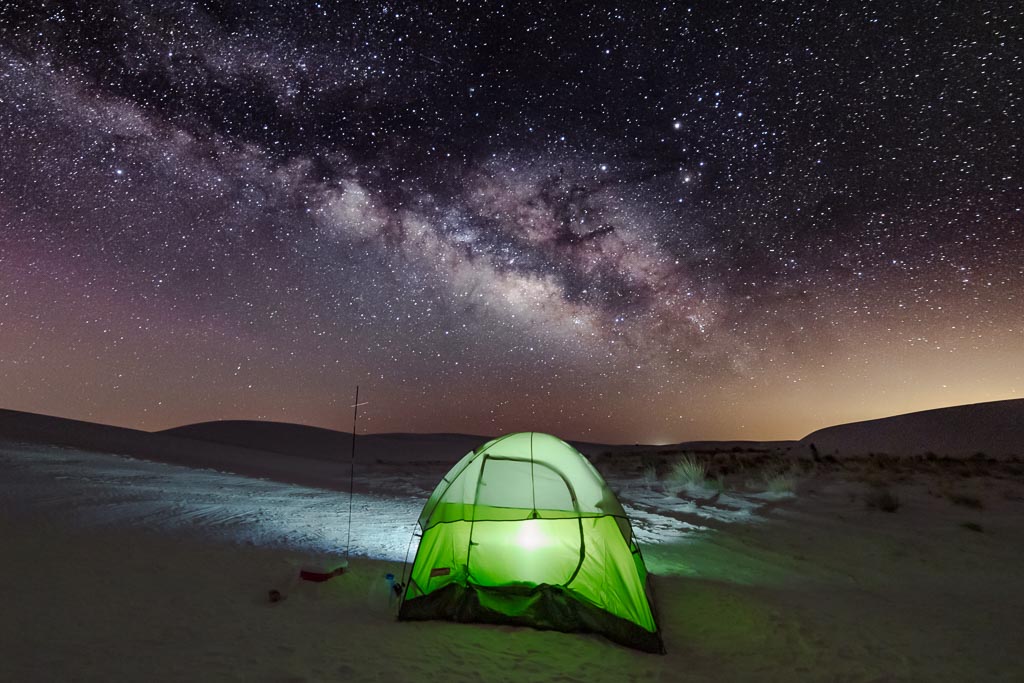
Camping on a Budget: 7 Money-Saving Hacks
Let’s face it: escaping the hustle and bustle of city living and setting out into the wilderness is a primal desire for many.
And if you want to extend your nature-filled getaway over multiple days, packing a tent is a no-brainer.
That said, camping isn’t something you can enjoyably do on a whim. You have to make ample preparations for it days in advance.
One vital thing you have to take into account is the budget. If you’re strapped for cash, you wouldn’t want to spend a big chunk of your money on a temporary camping holiday.
If you’re unsure how to approach budgeting for your upcoming trip, this article will help you out.
From strategically picking the right campground to using unique wares, here are seven money-saving hacks you can apply on your next camping expedition.
1. Use Your Old Camping Gear
If you’ve gone on camping trips before, then you probably have some perfectly usable camping equipment just lying around in your garage or attic.
For instance, tents, sleeping bags, cookware, backpacks, and tools are some camping items that may be collecting dust that you could bring with you on your next trip.
Using these items doesn’t only stop you from making a trip to the outdoor store, but it also extends the lifetime value of the product—which ultimately helps you save more cash in the long run.
In many cases, these old equipment just need a good washing-up to be fully serviceable. And if you’re still missing a few key camping items, consider borrowing from family or friends. This can save you money from buying things brand-new, which can incur a cost.
That said, be sure to assess the usability of your product days in advance. Some items could be worse for wear after years in storage. Always tread on the safe side and ensure that your products can last you throughout your trip.
2. Determine Your Projected Camping Expenses
Before setting out on your trip, you need to have a clear figure in mind that’ll serve as your budget cap. This is a personal cost that can range from as low as $50 to $10,000; ultimately, it should be a price you can reasonably handle given your unique financial circumstances.
Whatever figure your cost is, try to actively keep your spending below this predetermined expense. Once you’ve set your sights on a specific figure, plan your camping trip around that.
For starters, pick campgrounds that have reasonable fees that fall within your budget. Ensure that your fuel, food, and other supplies also don’t exceed the budget. Keep rental products in mind too as well as camping equipment that you’ve purchased for the specific trip.
To know the costs beforehand, carry out your research and fill up your expense tracker accordingly. Give some leeway for unexpected expenses. Doing expense projection can give you better control over your budget while still keeping it fairly flexible.
If you need a tool to help you plan your budget considering your financial situation, this calculator from Westpac can come in handy.
3. Focus on Minimalist Packing

Practising minimalism is not merely an activity, it’s a way of life. Avoid the trap of buying gear and equipment that you don’t actually need. This practice plays a direct role in saving you money.
If you’re curious about the minimalist way of life, applying it is all a matter of mindset.
For starters, be sure to know the difference between must-have camping supplies and extra frills.
You do need a multi-purpose tool in case of emergencies, but you don’t need wads of cash with you unless you’re going on a multi-day trip. Bring only these must-haves and leave everything else behind.
The beauty of minimalism is that you’re being mindful of what you’re bringing with you. You’re not jamming your bag with unnecessary clutter, but instead focusing on the essentials.
This can help you focus on what really matters: you and your connection to the wilderness.
4. Divide Responsibilities With Friends

Going out on a camping trip with friends? Fantastic.
Not only will you have some great company, but you also have a chance to distribute your spending among your pals and have them shoulder some of the costs.
For instance, they can cover things you may not have in your possession, from butane canisters to tents.
Furthermore, for things like fuel and campgrounds fees, you can all divide the cost evenly amongst yourselves, saving you even more money. If you’re having a multi-day hike, you can also divide the food portions among the group.
As they say, the more the merrier—and when it comes to camping, this adage can’t be any more true for both you and your wallet.
5. Pick a Free or Low-Cost Campground
As a budget-conscious camper, the word “free” is something we definitely hold near and dear to us. And if our right to sleep in a certain accommodation is free—well, we know we wouldn’t be complaining!
Fortunately, all Australian territories have a wide range of free campgrounds where campers can stay and lodge for the night. These campgrounds can be found within pristine national parks or public lands, providing you with just the bare necessities to enjoy the outdoors without worrying about the costs.
Depending on where you generally plan to go, you can typically find cheap campgrounds online through outdoor forums and dedicated blog websites.
And if your intended destination allows for free camping practices like in South Burnett, then all the better! You can enjoy the beauty of the outdoors in peace and truly live independently and in controlled isolation from the world around you.
6. Avoid Camping During Peak Season

Holiday prices for amenities in campgrounds can be quite steep during peak season, particularly during the late spring to summer months. Furthermore, rental caravans also are typically at their highest during the warmer months, whereas they tend to dip during the cooler seasons.
If your priority is to save money, it’s best to set out to camp during the quieter seasons like autumn. If you’re experienced in camping in the cold, then winter hiking may be worth your while too.
Furthermore, if you plan to visit attractions while camping, going during off-season months can be more cost-effective overall due to the lower crowd turnout. Planning a camping holiday during the autumn months can be a great way to save on costs while doing virtually the same thing as summer camping.
7. Plan Free Outdoor Activities
Camping is often secondary to a grander adventure, such as hiking or going on a road trip. Instead of just focusing on saving on your camp supplies, be sure that the rest of your trip is budget-friendly too.
Fortunately, you’re likely footsteps away from countless wonderful free activities.
Hiking, swimming, and enjoying the great outdoors don’t cost a great deal of cash, if at all. If you’re with friends, you can socialise and form bonding memories with them while hiking or sitting around a campfire.
And if you’re alone, you can also enjoy your own company for free however you’d like, whether it’s by meditating, reading a book, or simply strolling in nature.
If you’re driving far from home, be sure to make stopovers in spots that are within your budget. This can make you feel less financial strain when you inevitably return to normal life.